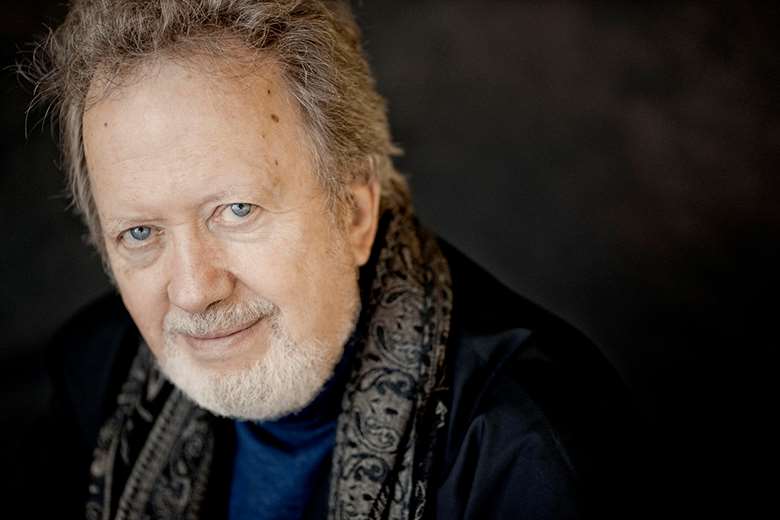John Nelson, conductor who won Recording of the Year for Les Troyens, dies aged 83
Martin Cullingford
Friday, April 4, 2025
Berlioz specialist had a rewarding relationship with the Erato label

Register now to continue reading
Thanks for exploring the Gramophone website. Sign up for a free account today to enjoy the following benefits:
- Free access to 3 subscriber-only articles per month
- Unlimited access to our news, podcasts and awards pages
- Free weekly email newsletter








